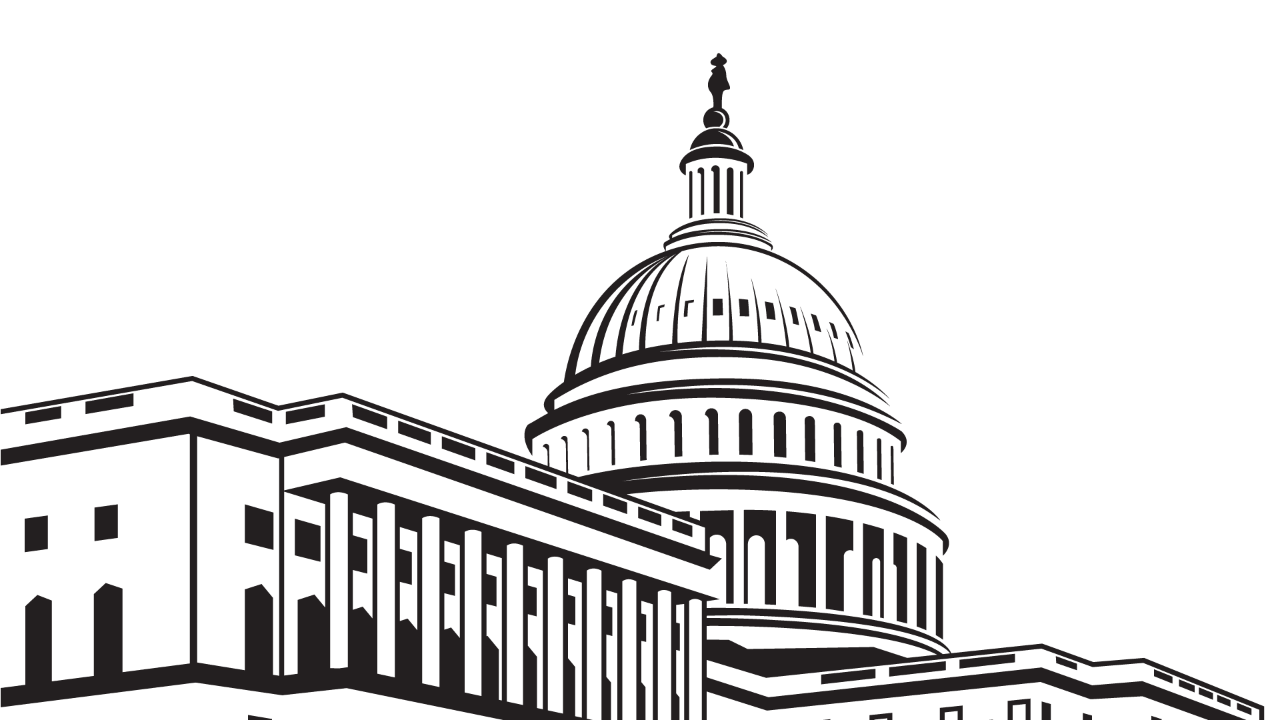State and Federal Update: June 30, 2025
Jun 30, 2025
Policy updates and analysis
Note: All the action is at the federal level this week, with Governor Hochul and other state leaders mostly warning of dire consequences to follow for New Yorkers if the budget reconciliation bill is passed. Below are a few key items.
Federal Budget at the Brink
The Senate seems to be getting close to passing its budget reconciliation bill, which President Trump hopes to sign on July 4. As of today, June 30, the Senate is conducting its so-called “vote-a-rama”—a process in which any senator can propose an amendment to the bill, with no limits on how many they can propose. Under the body’s rules, these amendments can pass with a simple majority rather than the usual 60 votes required. When this ends, the Senate will vote on its bill, which if passed would then return to the House of Representatives. The House must pass the exact same bill—not the version it sent to the Senate this spring—which the President then can sign into law.
At a high level, the bill features very substantial reductions to social services, clean energy programs and other public expenditures, while dramatically increasing funding for anti-immigration enforcement and the military and enacting a $4 trillion tax cut that will disproportionately benefit higher-income Americans. It is projected to drive a large increase in the federal deficit. The most significant changes include:
- Stricter work requirements and cost shifting to states for the Supplemental Nutrition Assistance Program. (SNAP). SNAP helps feed approximately 2.8 million New Yorkers per year, most of whom are children, people with disabilities, or elderly. Research has found that every dollar spent on SNAP yields $1.54 in economic activity. Governor Hochul’s administration projects that 300,000 New York households will see their SNAP benefits decrease under the reconciliation measure.
- Deep cuts to Medicaid. Over the weekend, the Congressional Budget Office reported that the current version of the bill would result in nearly 12 million Americans losing health coverage by 2034. The budget would reduce Medicaid spending by more than $1 trillion over that period. The reductions largely come from a new, strict requirement for some Medicaid enrollees to demonstrate that they have worked at least 80 hours per month, and restrictions on a funding mechanism that states have used to leverage federal support. While models for the state-level impact of the Senate bill have yet to be released, analysis of the less severe House version included projections that New York would lose nearly $13.5 billion, with up to 1.5 million New Yorkers at risk of losing coverage and becoming uninsured.
Workforce Pell Poised to Pass
Late last week, the Senate Parliamentarian struck the measure known as “Workforce Pell”—expanding eligibility for federal Pell grants to students in short-term training programs offered over 8-15 weeks for between 150 and 600 hours—from the budget bill. Over the weekend, however, a modified version of the bill gained the Parliamentarian’s approval. The only change was that non-accredited providers are now not eligible to participate in the program. Still in question is whether and by how much overall Pell Grant program funding will be cut.
A (Pyrrhic?) Victory for Job Corps
On June 25, U.S. District Judge Andrew Carter granted a preliminary injunction that the Trump Administration cannot unilaterally shut down the federal Job Corps program, which has provided free housing, training, and other support to teenagers and young adults since 1964. As the program was created by Congress, it would take an act of Congress to end it, and more Republicans are on record in both the House and the Senate defending Job Corps than the margins of Republican majorities.
But the program’s longer-term fate remains uncertain. Following the “pause” announced by the US Department of Labor in late May, many Job Corps sites began shuttering their operations and sending young adults back to their communities of origin—where many had no clear options for housing, work, or education. Given the ongoing opposition of the administration to the program, it is unclear how effective operators will be in either re-engaging participants dismissed during the shutdown, or enrolling new young adults.
NYATEP will continue to monitor events as they unfold and share details to our members as soon as possible. If you have an immediate questions or concerns, please contact David Fischer, Interim Executive Director, at dfischer@nyatep.org.

